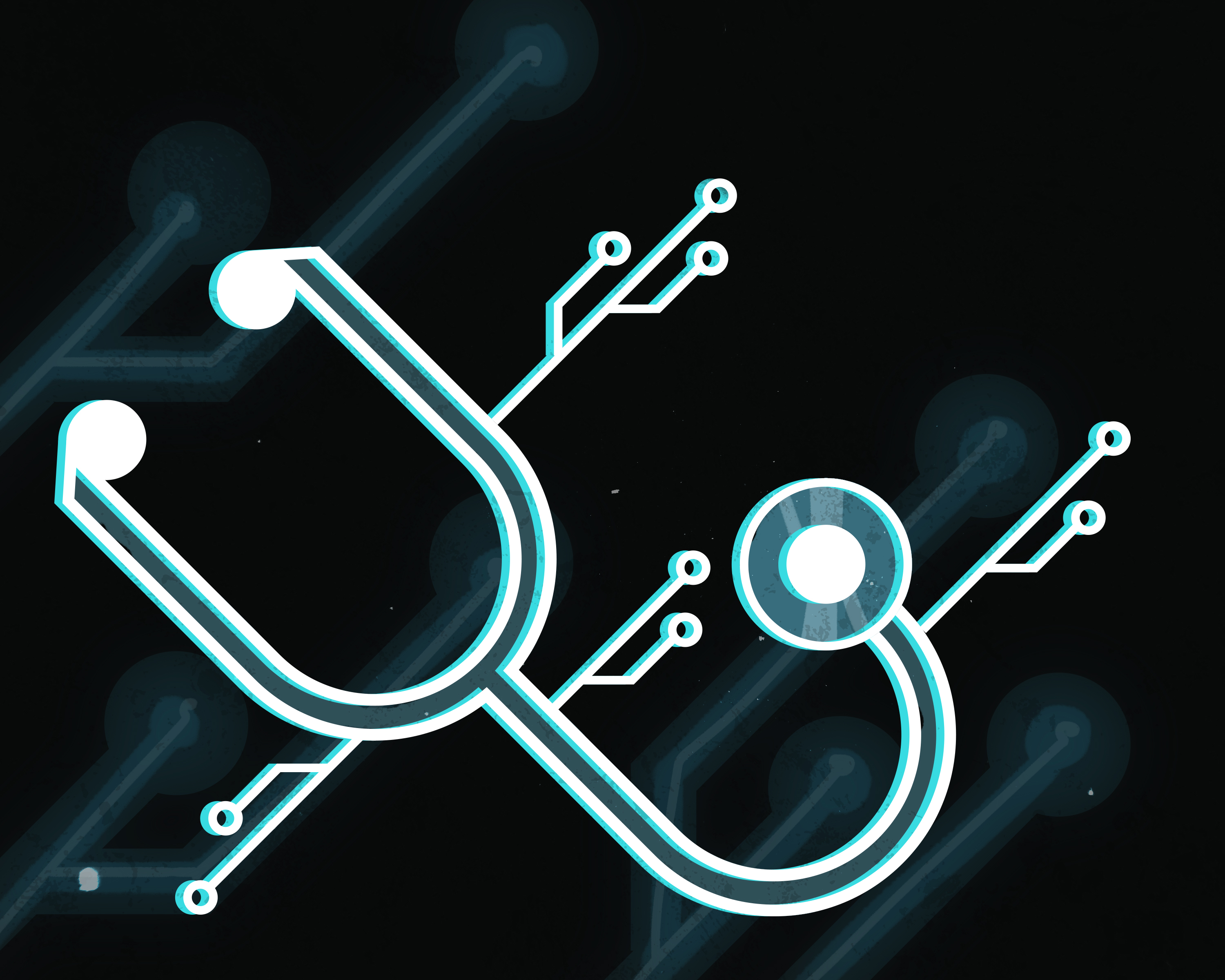Straddling the grey space between programming club, science lab and artist’s collective, SkullSpace is Winnipeg’s first and only hackerspace. Founded by three University of Manitoba alumni, the space hopes to create a sense of community among Winnipeg’s tech-savvy, digitally creative people.
On the crest of the growing DIY cultural movement, SkullSpace was founded after Ron Bowes, Mak Kolybabi and Andrew Orr, digital security specialists and coders, realized that the city needed a place for programmers to meet, exchange ideas and collaborate on projects. With diverse backgrounds in the information technology industry, the founders bring a wealth of knowledge to the table.
Bowes works as a vulnerability research engineer for Tenable Network Security. He is best known for his contributions to open source security software including the Nmap Security Scanner, for which he has written dozens of scripts covering a number of complex protocols. He also has a bachelor’s degree in computer science from the University of Manitoba and runs Dash9 Security, a Winnipeg-based security consulting company.
Kolybabi works as a vulnerability research engineer for Tenable Network Security. He got his start in computer security by hacking web chat rooms in 2000 and has been griefing ever since. In the last year he’s written a dozen Nmap scripts and will be offering lectures in the upcoming Code Camp sessions.
Orr is a recent graduate of the bachelor of science computer science degree program at the University of Manitoba. He has worked as a Security Analyst for the Government of Manitoba and an iPhone developer for Anvil Digital. He is a founder of Rollout Studios, an iPhone game development company. He also used to be a member/owner of ParIT Worker Co-Operative.
The idea may be new to Winnipeg, but the hackerspace concept has proven successful in many other cities and various countries across the globe. The movement is gaining speed in the United States and has a well-established history in Europe — especially Berlin, home of the Chaos Computer Club. The trend spread to Canada, and this year both Toronto and Ottawa hosted Maker Faires — essentially a large, free form science and technology expo, where participants show off their projects, share ideas and network with other makers.
SkullSpace had its first ever meet-up last Saturday, when it participated in the Cupcake Challenge. The cupcakes were the easy part. The challenge consisted of mailing the baked goods to another hackerspace at least 1,600 kilometres away, with the cupcake being received in “pristine condition.” The cupcakes would then be judged on several criteria, including appearance, taste, condition and creativity of delivery system. The event was a huge success — with little to no advertising, over 20 people attended.
Meetings are currently held at the Lo-Pub in the soft glow of the Winnitron 1000 — Winnipeg’s only indie videogame arcade machine. Recently, though, the group has acquired a physical location and is currently ironing out the details. With the potential for almost 100 square metres of space, the hackerspace hopes to offer a place to store and work on projects that would not be possible for an individual to pursue on their own.
The goals of the hackerspace, first and foremost, are to give back to the community. It’s a non-profit organization that wants to foster creativity and allow ambitious individuals to pursue collaborative projects. The group hopes to provide new experiences; Orr wants to get hackers out and meeting in real life: “A huge part of it isn’t just sitting around in basements with laptops. [ . . . ] One of the things we want to do with this is education, we want to have talks at least monthly — talks, workshops, anything people will find interesting.”
Because of the diverse range of topics SkullSpace members are knowledgeable in, the idea is to have members do the talks and seminars. “If someone knows a lot about one area, they can do a session on it,” says Orr. The talks are open to everyone interested, though members will be able to attend free of charge — non-members may have to pay a small fee in the range of $5 to $10, depending on the subject and cost of the presentation.
Any money SkullSpace receives that does not go to paying for the facility, insurance and utilities will be re-invested in the space. As mentioned at the previous meeting, “None of the founders, nor anybody else in the organization, will personally profit from SkullSpace’s income.” There is a laundry list of tools and equipment that the facility could use, the most enthusiasm being generated by the prospect of buying a laser cutter or a 3D printer.
Future events include seminars on various programming languages, encryption, network security and urban gardening. Plans for the summer include geocaching and USB dead drops (see Nov. 24 article “There’s A USB Port In That Wall!”). Lockpicking is a favourite of hackers the world over, and Winnipeg is no different. During the cupcake hackathon, a lockpicking area was set up where members could test their skills at the oldest of security devices. Several members have shown an interest in pursuing DIY biology, but the idea is still hypothetical.
The enthusiasm at the Jan. 18 meeting was contagious, and everyone seemed to have ideas and plans for projects. It will be interesting to see the projects that come out of the space once collaborative projects are established and members begin to work together. Though the ambition and goals may be lofty indeed, at the core of the matter everyone is here for fun, or as Orr put it: “It’s about getting people together to do really, really cool shit.”



